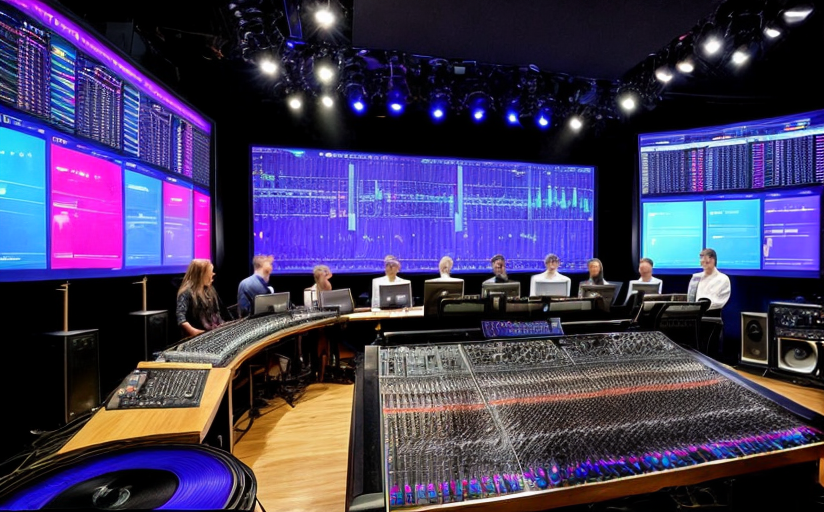Reshaping the Music Industry: The Digital Revolution
The music industry has undergone a remarkable transformation over the past few decades, largely due to the emergence and evolution of digital platforms. This seismic shift has fundamentally reshaped the entire landscape of music production, distribution, and consumption, redefining traditional industry models in all aspects.
Streaming the Change
The advent of digital platforms like Spotify, Apple Music, and SoundCloud have made music more accessible than ever, breaking down geographical barriers. In 2020, the Recording Industry Association of America reported that streaming services accounted for 83% of total music industry revenue, highlighting the tremendous influence these platforms wield.
Democratization of the Music Industry
Digital platforms have effectively democratized the music industry. They allow artists from all corners of the globe to reach a potentially global audience, regardless of their record label affiliations or the lack thereof. We have seen the rise of independent artists like Chance the Rapper and Billie Eilish, who built their music careers primarily through these digital platforms.
Shifting Economics
The traditional economic model of the music industry has been upended as well. The revenue stream has shifted from physical sales and digital downloads to streaming and live performances. However, the artist compensation model has been a contentious topic, with many artists criticizing the unfair payment practices of some streaming platforms.
Copyright and Privacy Concerns
With the proliferation of digital platforms, concerns over copyright infringement and user privacy have emerged. Despite modern improvements of rights management systems, illegal downloads and uploads persist which deprive artists and record labels of their rightful earnings. Meanwhile, privacy concerns, like data sale and targeted ads, remain a serious topic of discussion.
The Future of Digital Music
As technology continues to evolve, so will the digital music landscape. Emerging trends such as AI-generated music, virtual reality concerts, and blockchain technology promise to further redefine the music industry. This continuous evolution also signifies the importance of finding a balance that respects the rights of artists, reward their work fairly, and ensures user privacy, while also providing a valuable service to consumers.
Without doubt, the digital revolution has transformed the face of the music industry. It is an exciting, albeit challenging time to navigate this ever-changing landscape, full of potential for both musicians and audiences alike.

















Comments
Leave a Comment